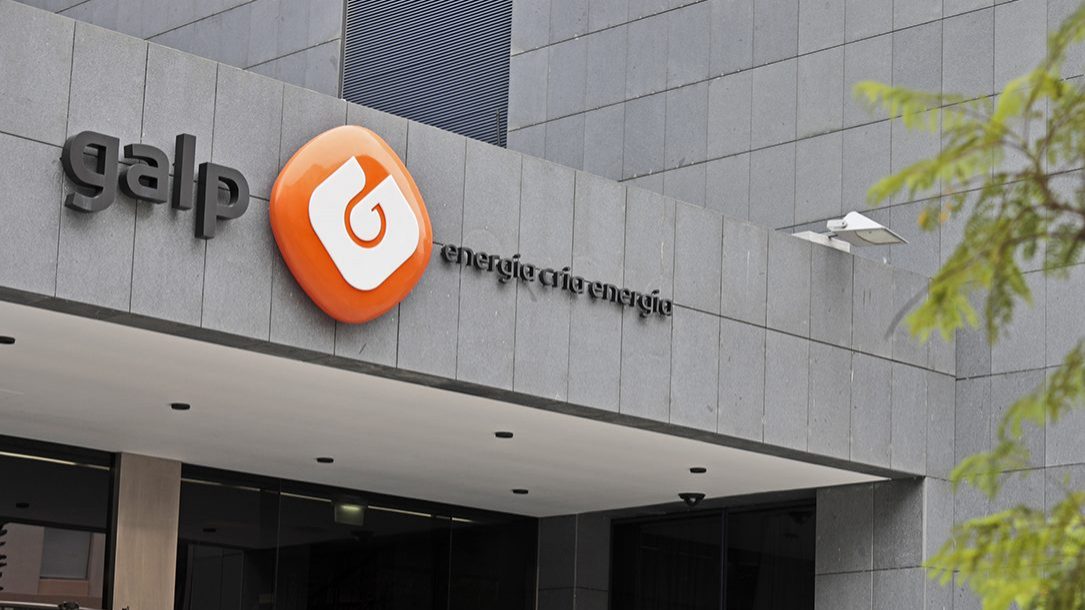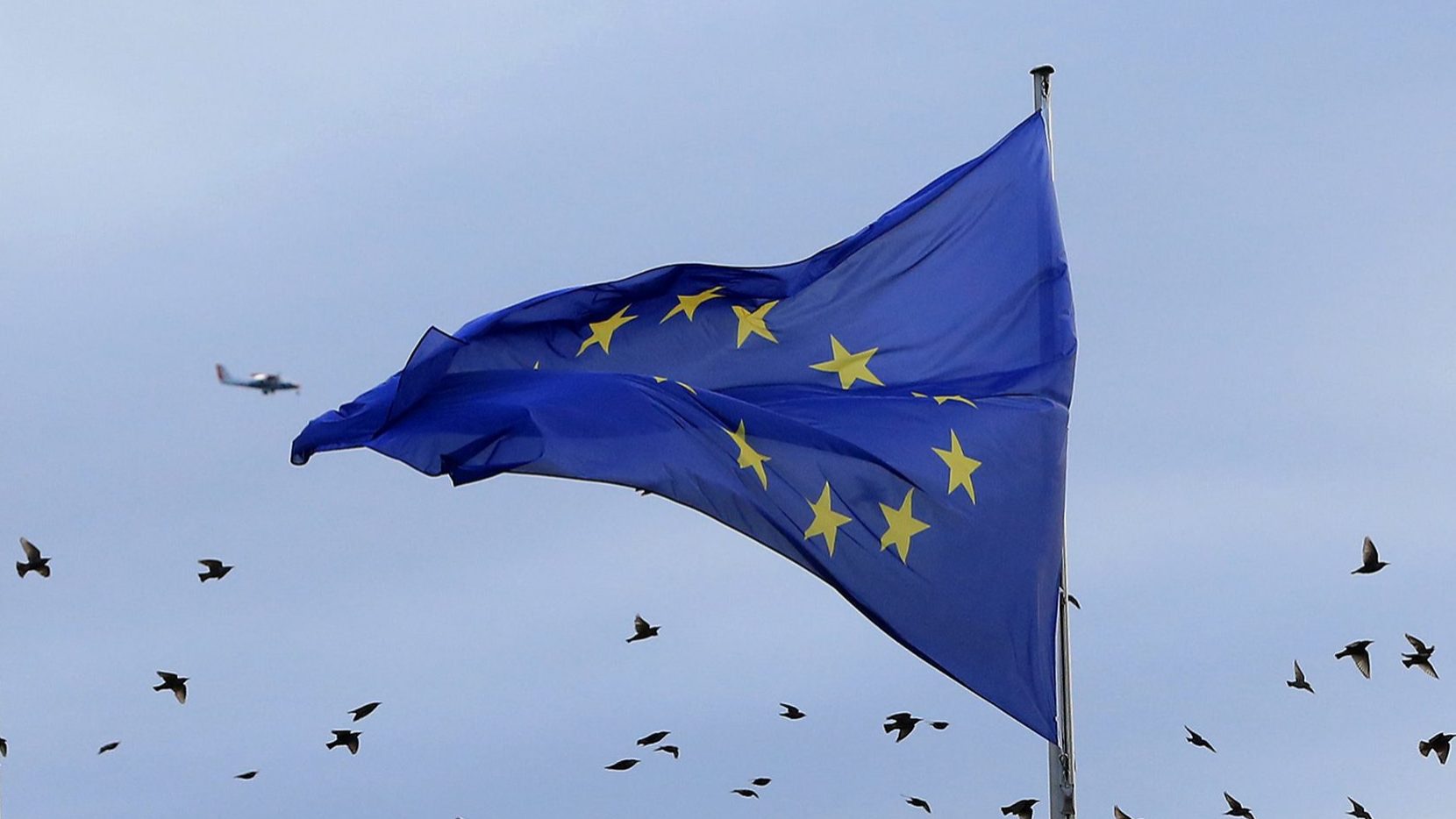Government is ‘barking up the wrong tree’ on fuel margins – Andy Brown
"We argue that 80% of the margin increase they claim is due to miscalculations," says Andy Brown.
Galp CEO, Andy Brown, criticises the “brake measure” approved by the Portuguese government to fix the margins of oil companies and thus bring down fuel prices at the pump. “It’s an interesting time to be in Portugal,” he ironically said.
The head of Galp expressed “disappointment” with how margins are calculated in Portugal and even said that “there are many errors” in the calculations presented, ensuring that he will communicate this opinion to the government.
“If we look at the ENSE report, we see that there are many errors in the way they calculate margins. We argue that 80% of the margin increase they claim is due to miscalculations. We haven’t talked about this, but it’s a big disappointment,” Brown stated.
Andy Brown says he is unaware of the details of the new legislation – which opens up the possibility of “potential short-term interventions with extreme margin scenario” – and how it will affect Galp Energia, but says “the idea that this is where we make our money is sad,” also highlighting the 60% tax burden on fuel.
“They’re barking up the wrong tree,” he said during a call with analysts and investors to present Galp Energia’s first-half results.
“If we look at pump prices today in Portugal, 12% goes to distribution costs for 700 petrol pumps we manage, 900 direct jobs, plus 2,500 indirect jobs… a huge number of people. If I look at the commercial business, it generated only 7% of our total EBITDA in the second quarter of the year. Refining, on the other hand, is only 1% of EBITDA. That’s 8% in total and 40% of the workforce. This idea that this is where we make all our money needs to be clarified with Portuguese consumers. It’s sad because the prices have a 60% tax, one of the five highest in Europe. They are clearly hitting the wrong one and we will make our position very clear to the Portuguese government. Any kind of direct intervention by legislation on fuel prices is wrong in any country,” said Andy Brown.
The government approved last week in the Council of Ministers (CM) a draft law that will allow the executive to limit margins in fuel marketing by decree, if it considers that they are too high “without justification,” according to the Environment Minister.
In a press conference after the CM, João Pedro Matos Fernandes said that this diploma, which also covers gas containers, will now be sent to Parliament, stressing that the measure will be “limited in time”.
The aim of this draft law is to “give the government a tool so that, when margins on the sale of fuel and gas containers are unusually high and without justification, it can, by decree, limit those margins,” he said.
“Once the bill is approved, the government, in consultation with the ERSE [Energy Services Regulatory Authority] and the Competition Authority, may impose an order, for limited periods, which I imagine to be one or two months, setting the maximum margin for the sale of fuel,” Matos Fernandes said.
He recalled that this margin is “also a sum of margins that have to do with transport, storage, wholesale distribution, with retail distribution,” and these reference figures “continue to be calculated on a daily basis by ENSE.”
The retailers’ margin at the end of June was 36.6% higher on petrol and 5% higher on diesel than the average margin practised in 2019, according to an ENSE study released on July 14.
“On Wednesday, June 30 2021, the margin found on petrol was higher than the average margin practised in 2019 by €0.069 (or +36.62%). For diesel, the margin on that day was €0.01 higher than the average margin for 2019 (or +5.08%),” ENSE announced at the time.


